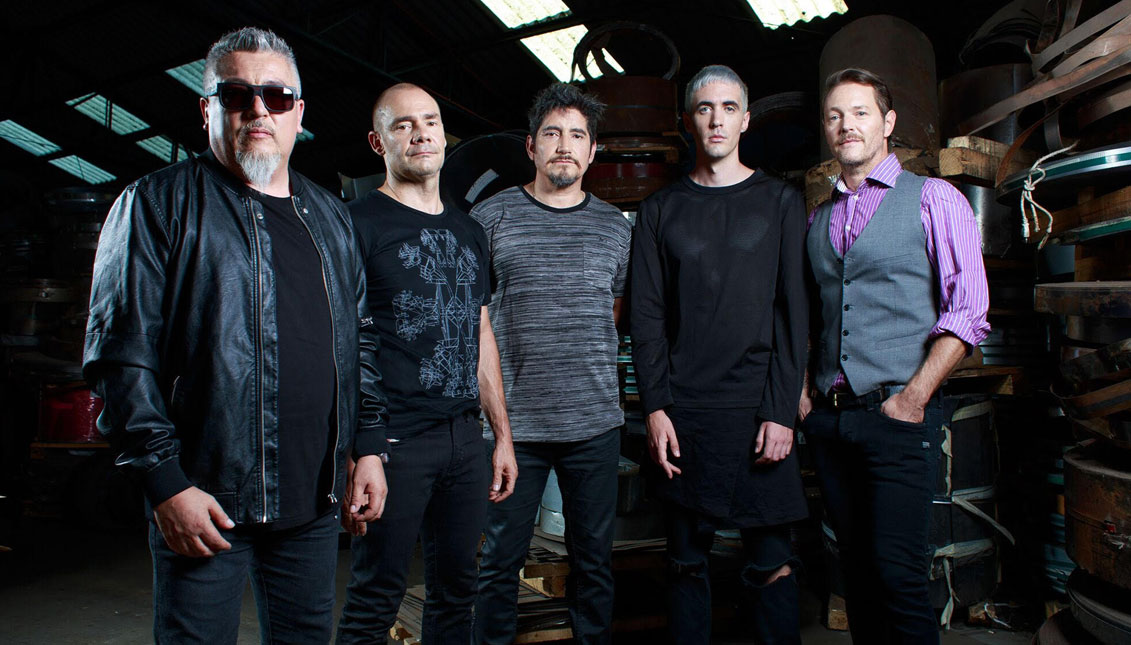
DIACERO, the return of La Ley
The founding members of the Chilean group have returned to the recording room to recover the spirit of Hispanic rock.
The end of the 1980s was a turning point in Latin American history.
While old regimes were giving way, the cultural scene opened up to new trends and urged a transformation in languages.
Particularly in Chile, being reborn after a terrible political episode brought with it the need to infuse the music with new colors.
From the generation of the New Chilean Song, through groups like Los Tres, to the eclecticism of groups like Los Prisioneros, the southern country was always present in the industry, but in 1988 a new project began to form.
Originally known as La Ley, this group set the tone for the next generation of rock on the continent, bringing the New Wave (Duran Duran, Depeche Mode, The Cure, The Smiths) to a Spanish-speaking audience.
For 18 years, La Ley became the flagship product of Latin American record companies, especially with albums like Invisible and an MTV Unplugged that sold more than two million copies together, and earned them three Grammy awards.
But not everything is easy, especially within the music industry.
La Ley underwent profound transformations - in the grouping, in styles and in its relationship with the public - and after an attempted reunion, it finally dissolved in 2016.
Immediately, the founding members of the band decided to return to the origin of everything and to the foundations that created one of the most important musical phenomena in Latin America.
Rodrigo Aboítiz, Mauricio Clavería, and Pedro Frugone are iconic names in the continent's musical history, and their new project promises to "regain the trust" of fans who believed in their vision for thirty years.
"DIACERO is La Ley, I'm not going to lie to you. We are 90% of the original group," said Frugone in an exclusive interview with AL DÍA. "We have done music again in an intuitive way, just like we did in the best time of the group".
The guitarist tells us how this reunion has brought them back to their compositional origins, and the pleasure of making music without pressure.
"We gave ourselves the pleasure of making music without having artistic restrictions," he recounted, recalling the time in which La Ley fulfilled the expectations imposed on each of the members.
"Even if people tell you otherwise when you're on a label you have many artistic restrictions," he emphasizes. "For the record companies, the only important thing is to sound on the radio."
For these veterans of music, launching a project under the shadow of one of the most important groups in Latin American history is a double-edged sword that they intend to take advantage of.
Although they have decided to make music again as they did "until the year 2000,” their sound and their proposal recapture the best of original rock with a renewed freedom.
"The process of getting to know again musicians with whom you worked for many years is long and profound. This album took about a year to complete," said the guitarist. "But it has given us the opportunity to adjust the gears between everyone and we are very happy today, happier than we had been in years."
DIACERO solidified at the end of 2016 thanks to the invitation of Rodrigo Aboítiz (keyboards), Mauricio Clavería (drums) and Frugone, along with Luciano Rojas (bass) and with the voice of Ignacio Redard, and its name refers to the song "Día Cero" that appears in the iconic 1995 “Invisible” album.
Months later, they made their presentation to the media under the epithet of "La Ley Histórica,” in an overt gesture to make it clear that they are the heart of the original band.
RELATED CONTENT
The differences, however, are important.
The members have discovered a new moment in the industry where technology and media have transformed the composition process, a change which has allowed them to write and produce their new material even remotely.
"One of us lives in Mexico, another in Texas, others in Chile, and another one is divided between Spain and Chile," explained Frugone. "Some things are recorded in Mexico, others in Chile, and others here in the United States. This time they gave me the honor of being the producer of the album, although it is really a co-production.”
This new recording is different in many aspects, one of them being the moment of maturity of each one of the members as well as the "efficiency" that, according to the guitarist, is one of the advantages of working separately.
"Today is something else. When you play, you are all day in the rehearsal room playing and, although it’s very nice, it’s very inefficient," he explains. "In the end, rehearsals become a party too. It's a time of life that sometimes cannot be sustained. "
Although the band continues to meet punctually - because that energy "is necessary to compose" - Frugone assured that the creation of songs has been the fusion of each one of the individual processes.
The guitarist insisted that one of the most important changes that the group has undergone has been the homogenization of the compositional process, making a nod to one of the fundamental causes of the break with former members.
"In La Ley, we always composed together, but in the year 2000 something happened," he says with particular emphasis. "Although we composed all the songs, at one point they told us that the credits were from someone else."
The band admits to having made huge mistakes in the past, and to have been very permissive on many occasions, especially because of the success their live performances were having, but they claim to have learned the lesson.
"Now the songs are everyone's, always."
At a time in the music industry where the figure of the singer-songwriter weighs more and more, the resurgence of iconic models, such as La Ley, is very refreshing.
Their new album Topografías is a gift for those who miss the time when the phenomenon of “National Rock” still invited all to sit and listen, to attend concerts, and collect albums.
"If there’s something we want to achieve with this project is to recover all the hardcore fans of La Ley that we lost during all these years. We want to return to the origin, and we will work hard to make it happen,” concluded Frugone.



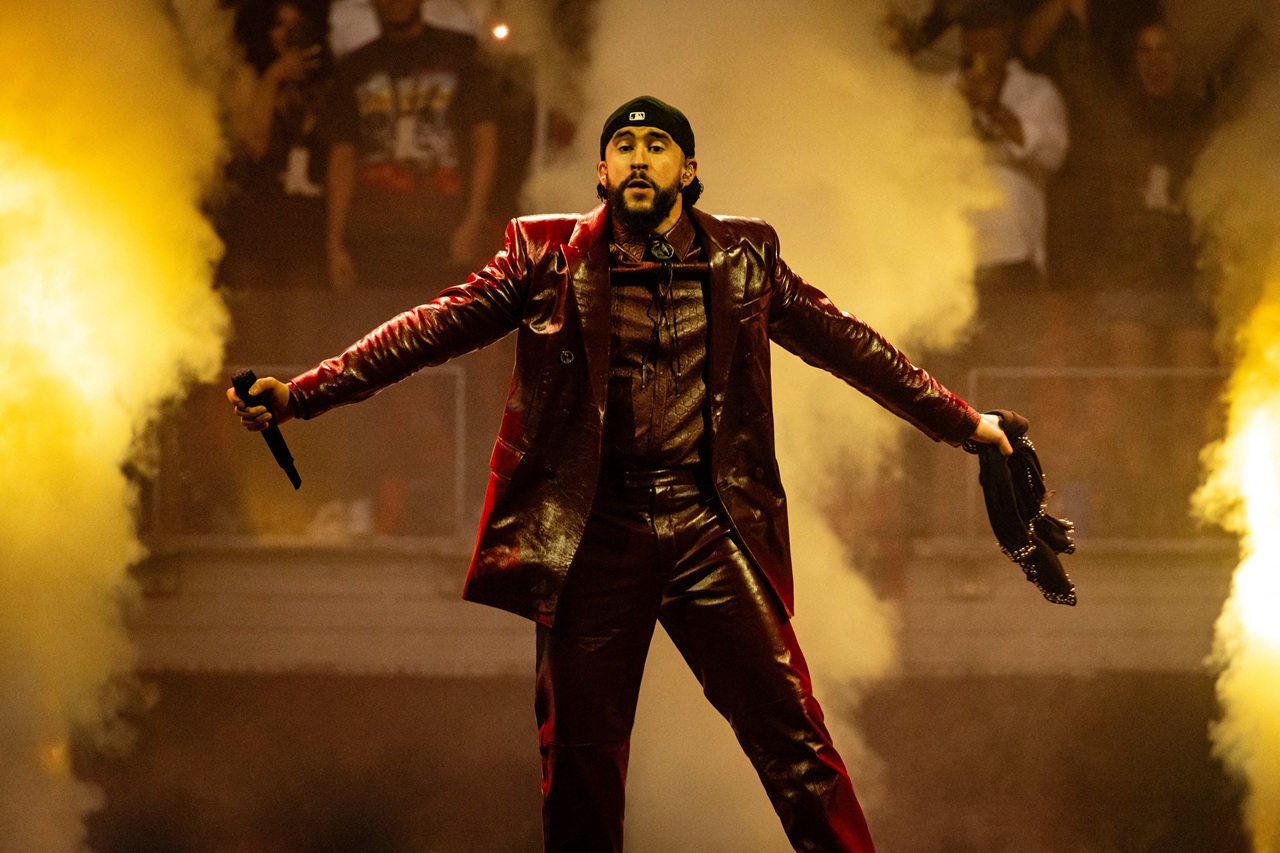

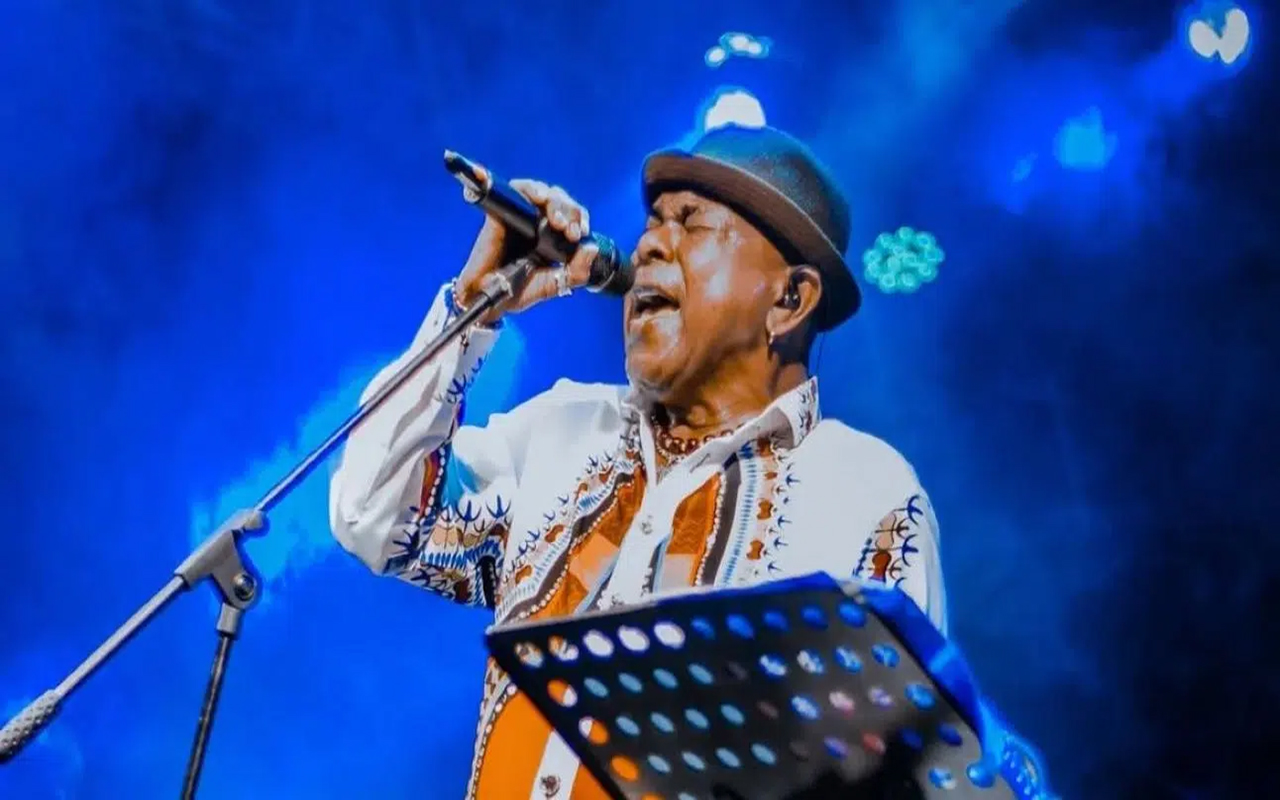

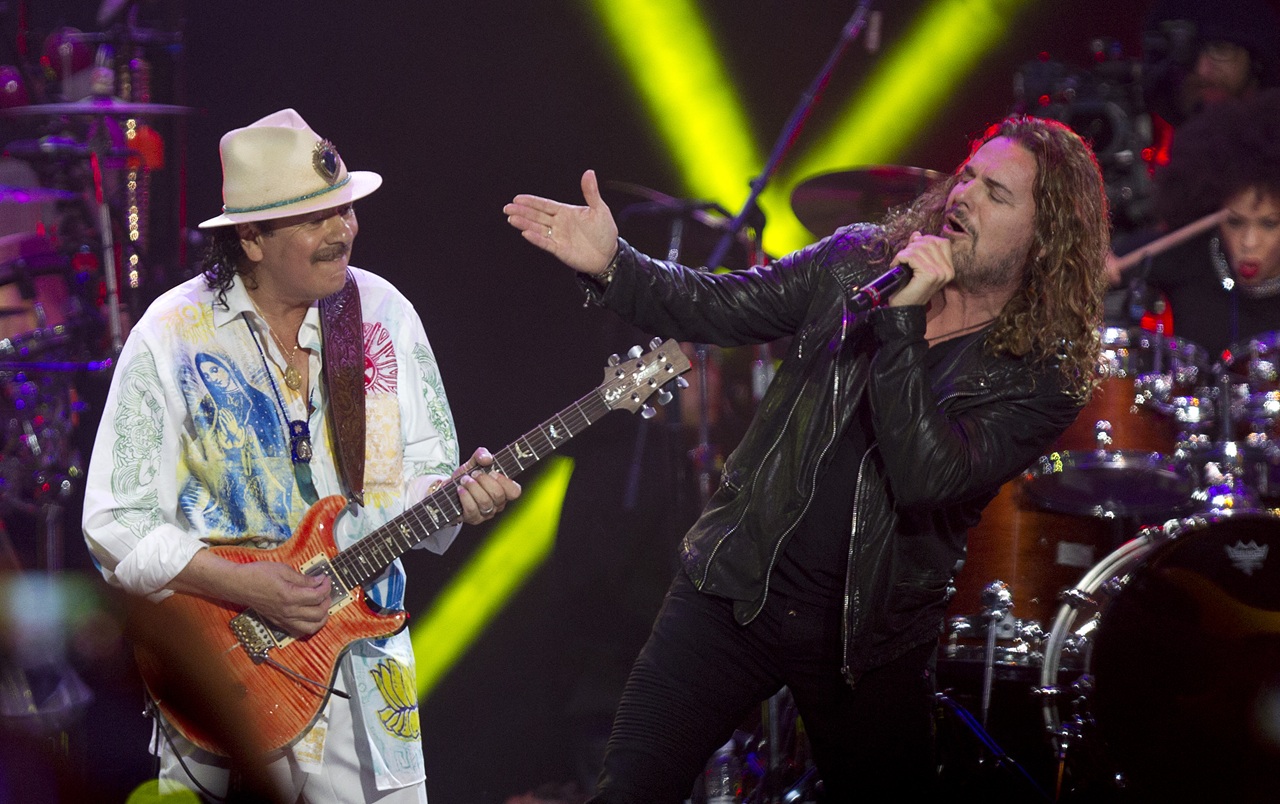

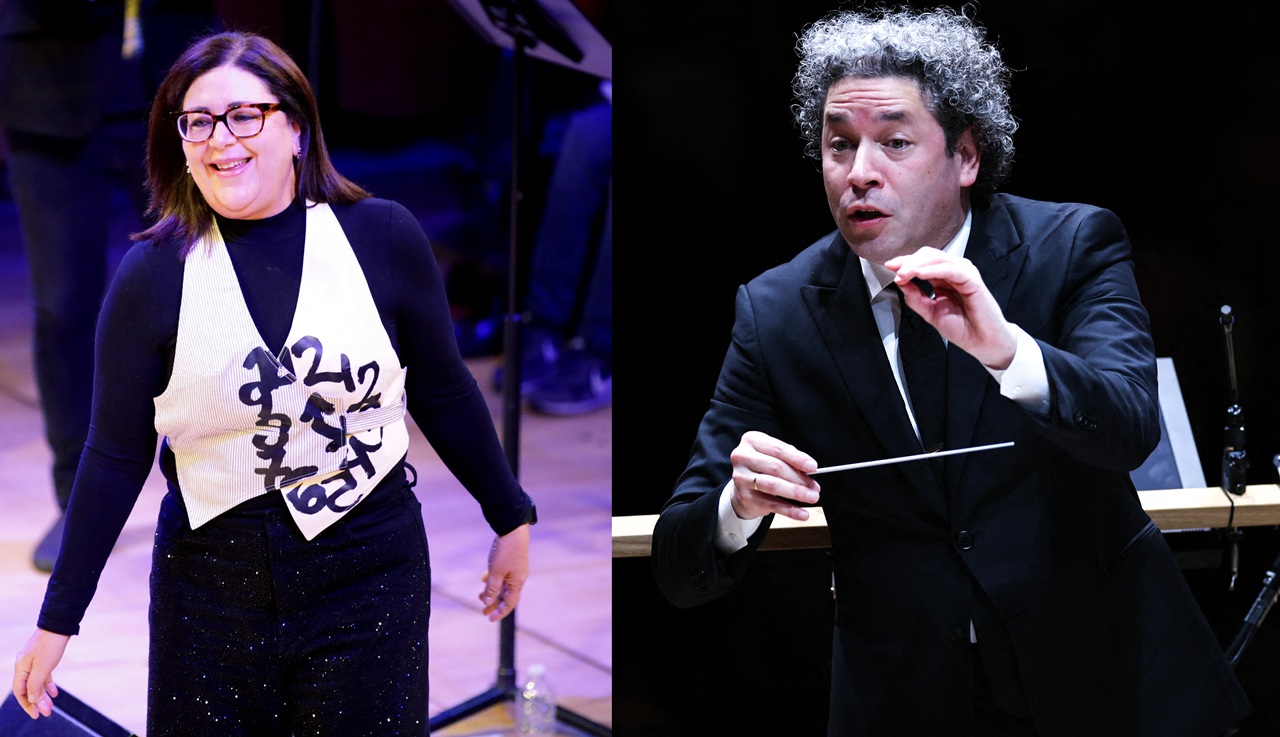

LEAVE A COMMENT: